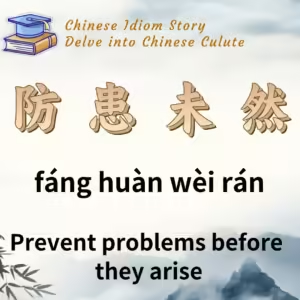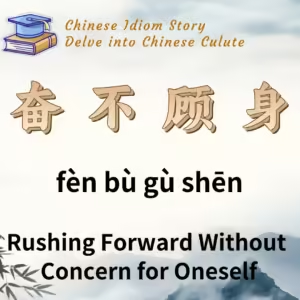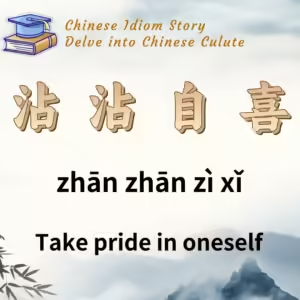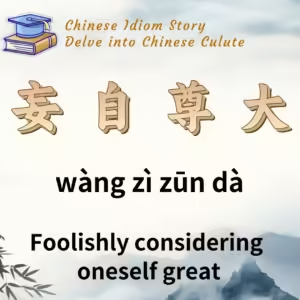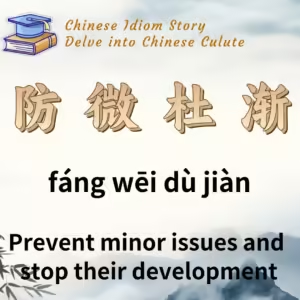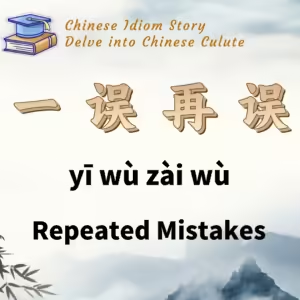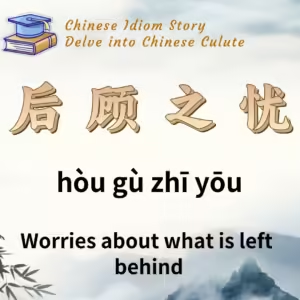
Chinese Idiom: 后顾之忧 (Hou Gu Zhi You)
English Translation: Worries about what is left behind
pīn yīn: hòu gù zhī yōu
Idiom Meaning: This idiom refers to concerns about potential problems or troubles that may arise behind oneself while moving forward or going out. It emphasizes the anxiety of being unable to focus on the current task due to fears about the past or the situation left behind.
Historical Source: “Book of Wei” (《魏书·李冲传》)
Idiom Story:
In the year 471 AD, Emperor Xiaowen of Northern Wei, Yuan Hong (元宏), ascended to the throne at the tender age of five, with Empress Dowager Feng acting as the regent. During this time, a man named Li Chong (李冲) actively assisted the empress dowager and the young emperor in managing state affairs.
By the tenth year of the Taihe era, after sixteen years of Emperor Xiaowen’s reign, Li Chong proposed the implementation of the “Three Long System” to improve social order. This system organized households into units of five families for better census checks and tax collection. He also helped draft laws and implement new taxation policies that addressed the issues plaguing the Northern Wei regime.
When Emperor Xiaowen decided to lead a southern expedition against the Xiao Qi state, he entrusted Li Chong with the administration of the court, confident in his ability to manage state affairs in his absence. During this period, Li Chong effectively governed the court, and Emperor Xiaowen was highly satisfied with his performance.
Tragically, when Li Chong passed away suddenly at the age of forty-eight, Emperor Xiaowen lamented, saying, “With my benevolence and wisdom, I entrusted him with the management of the court, allowing me to go into battle without any worries about the situation at home.” His words highlighted the trust and security he felt in having Li Chong manage affairs, free from the anxiety of potential problems arising behind him.
This story led to the popularization of the idiom “后顾之忧,” denoting the worries that distract or concern someone when they should be focused on the present.

